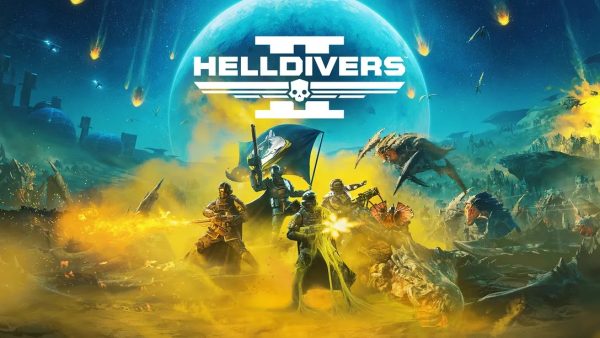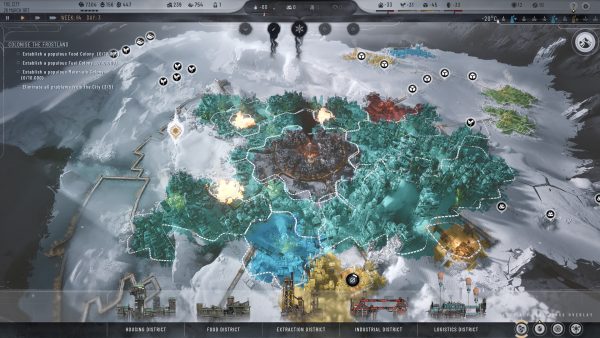Play it Again
Why video game sequels have troubled players for decades
Think about what games have been released recently. If you keep up, you probably know about Red Dead Redemption 2, hailed as one of the greatest games of the decade; Super Smash Bros. Ultimate, considered to be a revitalization of the series; Fallout 76, an (admittedly troubled but) innovative take on the Fallout formula; and many more interesting, unique games. Was Just Cause 4 on that list? I would be willing to guess that for you, it was not.
Just Cause 4, according to many reviews, is the latest in a long line of cashgrab sequels that do little to innovate, change, or redesign. Polygon called it ‘a tired retread of old ideas,’ with reviewer Colin Campbell stating “It feels too much like a replay of Just Cause 3, which came out three years ago.” Just six months after release, the game has already been added to Xbox Game Pass, a cheap subscription gaming service. Similar points have been made since the inception of home gaming. Call of Duty has suffered from these criticisms for a decade or more, with some fresh additions often not enough to differentiate each game, and other FPS series such as Halo and Battlefield experience this too. The Battle Royale genre is a hotbed of copycats, cashgrabs, and other intellectual property thefts. Mass Effect: Andromeda was a commercial and critical failure, and nearly resulted in the shuttering of developer Bioware.
So what makes a sequel more than a ripoff? Ultimately, the attention and care the game receives. Red Dead Redemption 2 and Mass Effect: Andromeda both have sprawling open worlds and lengthy stories, so why is one so much better? Put simply, RDR2 had a lot more playability. This game took 8 years from the first to release, and was repeatedly delayed to make sure it was perfect. Andromeda came out 7 years later, but no such care was given to it; players noted it felt half-baked and had multiple issues.
Another thing that differentiates a solid sequel from a cashgrabbing one is the freshness. I do enjoy Destiny 2, but a large chunk of its art, gameplay, and even story beats are shockingly similar to the first game in my opinion. Gears of War 4 and multiple Resident Evils are other games panned for their repetitive nature. (It’s to be noted Resident Evil 7, the most recent addition, was considered to be a brilliant reenergizing of the series.)
Not all sequels are bad. Far from it; many are good at polishing and expanding their predecessors’ ideas into something better. Half-Life 2, a sequel, is one of the most universally acclaimed games in memory. But there is a major distinction between a sequel that cares about the players and a sequel that cares about the bottom line. That’s a major line that many companies don’t seem to notice as they step right over it.




